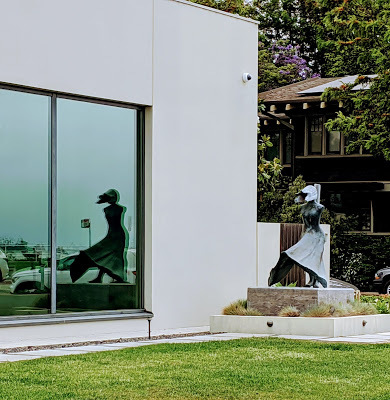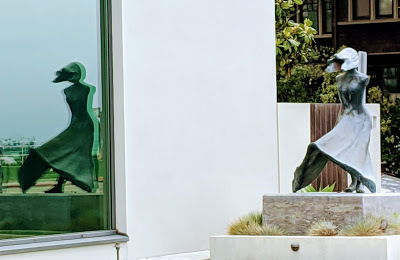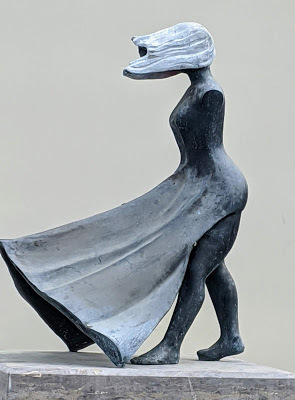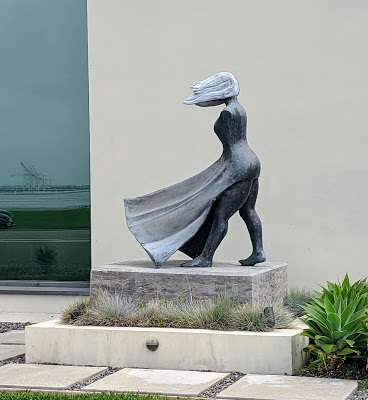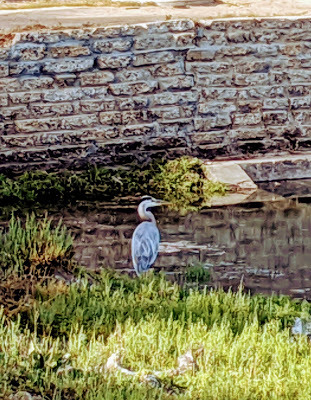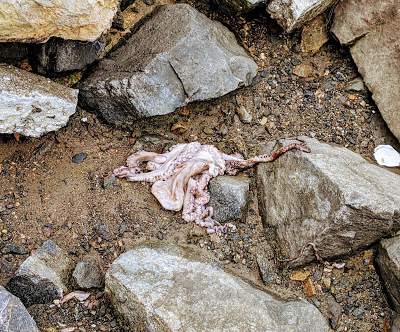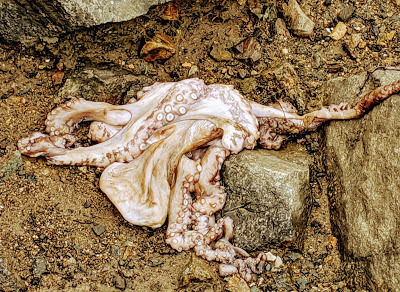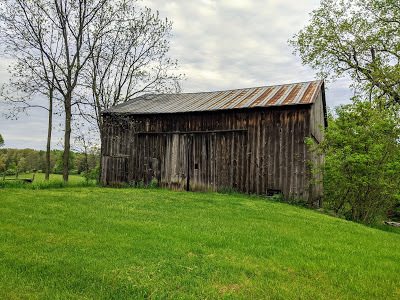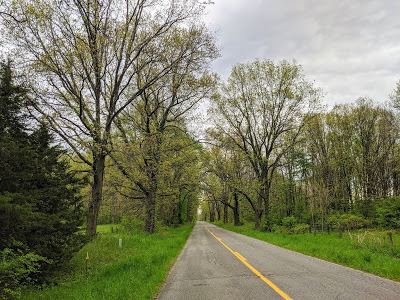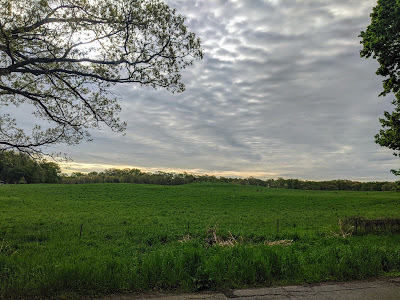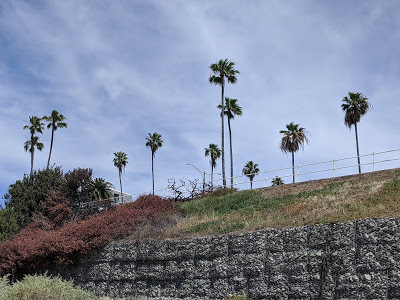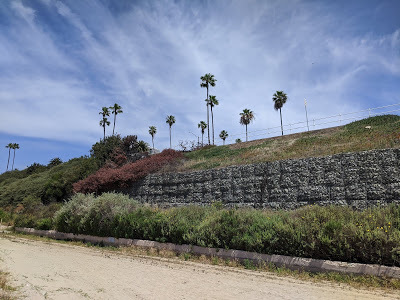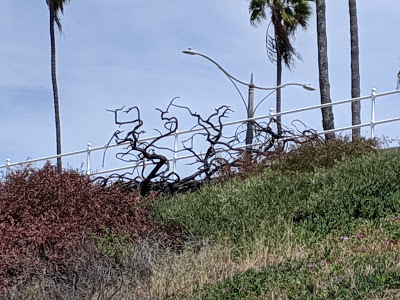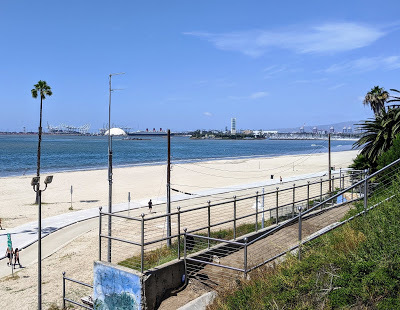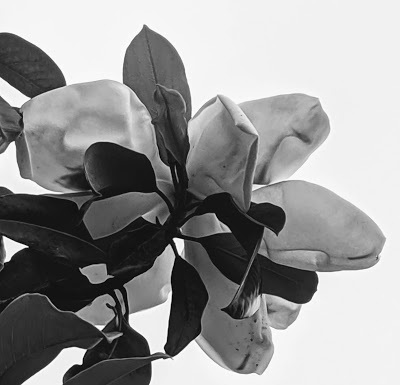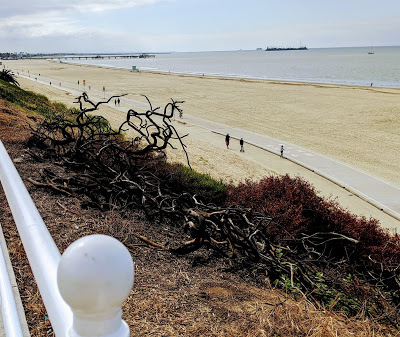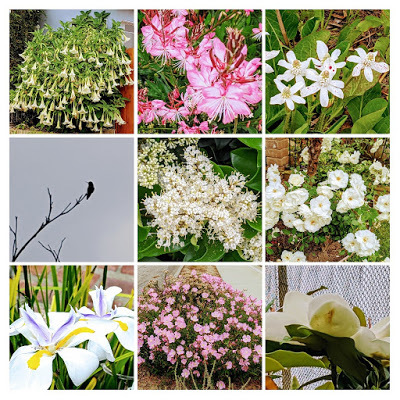R.L. Swihart's Blog, page 103
June 16, 2020
R L Swihart's Poetry in Offcourse #81
My short Alchemy Series (5 poems inspired by a recent rereading of Strindberg's Inferno) is up at Offcourse #81: Alchemy Series by R L Swihart.
Published on June 16, 2020 06:14
June 13, 2020
From J M Coetzee's "Schooldays of Jesus"
Read the first in the trilogy some years ago.
Then, seeing it was coming out in May, I next read The Death of Jesus. Lastly, I read the middle text: The Schooldays of Jesus.
Have been lazy about posting reading "clips" (busy with the end of school, the end of a career), but this one was pretty good so I had to post it.
*
Then, seeing it was coming out in May, I next read The Death of Jesus. Lastly, I read the middle text: The Schooldays of Jesus.
Have been lazy about posting reading "clips" (busy with the end of school, the end of a career), but this one was pretty good so I had to post it.
*
He drops in on a class in astrology. Discussion turns to the Spheres: whether the stars belong to the Spheres or on the contrary follow trajectories of their own; whether the Spheres are finite or infinite in number. The lecturer believes the number of Spheres is finite – finite but unknown and unknowable, as she puts it. ‘If the number of Spheres is finite, then what lies beyond them?’ asks a student. ‘There is no beyond,’ replies the lecturer. The student looks nonplussed. ‘There is no beyond,’ she repeats. He is not interested in the Spheres, or even in the stars, which as far as he is concerned are lumps of insensate matter moving through empty space in obedience to laws of mysterious origin. What he wants to know is what the stars have to do with the numbers, what the numbers have to do with music, and how an intelligent person like Juan Sebastián Arroyo can talk about stars, numbers, and music in the same breath. But the lecturer shows no interest in numbers or music. Her subject is the configurations assumed by the stars, and how those configurations influence human destiny. There is no beyond. How can the woman be so sure of herself? His own opinion is that, whether or not there is a beyond, one would drown in despair were there not an idea of a beyond to cling to.
Published on June 13, 2020 16:08
June 11, 2020
Without Lifting A Finger: W. H. Auden's "Funeral Blues"
Without Lifting A Finger: W. H. Auden's "Funeral Blues": Just finished rewatching Four Weddings and a Funeral (with hair-flipping Hugh). I think the poem was perhaps the highlight of the film (I h...
Published on June 11, 2020 10:34
June 7, 2020
PLAGUE PICS (AROUND THE SHORE)
Published on June 07, 2020 10:19
May 29, 2020
PLAGUE PICS (5.28.20)
Published on May 29, 2020 06:59
MICHIGAN PICS
Published on May 29, 2020 06:55
May 17, 2020
PLAGUE PICS (5.17.20)
Published on May 17, 2020 07:38
May 12, 2020
Plague Pics (5/12/20)
Published on May 12, 2020 07:41
Two "Clips" from J.M. Coetzee's "Disgrace"
There were certainly many more "clips," but I read it quickly and was perhaps a bit lazy. I also watched the film (for the first time), trying to compare. Though I love Coetzee for his language, his stories always seem a bit too contrived. But who am I to criticize.
***
***
Although he devotes hours of each day to his new discipline, he finds its first premise, as enunciated in the Communications 101 handbook, preposterous: ‘Human society has created language in order that we may communicate our thoughts, feelings and intentions to each other.’ His own opinion, which he does not air, is that the origins of speech lie in song, and the origins of song in the need to fill out with sound the overlarge and rather empty human soul.
*
He continues to teach because it provides him with a livelihood; also because it teaches him humility, brings it home to him who he is in the world. The irony does not escape him: that the one who comes to teach learns the keenest of lessons, while those who come to learn learn nothing. It is a feature of his profession on which he does not remark to Soraya. He doubts there is an irony to match it in hers.
Published on May 12, 2020 07:27
May 2, 2020
J. M. Synge's "In Wicklow and West Kerry"
It was the law at that time that if there was sickness on any person in the town of Sligo you should notice it to the Governors, or you'd be put up in the gaol. Well, a man's wife took sick, and he went and noticed it. They came down then with bands of men they had, and took her away to the sick-house, and he heard nothing more till he heard she was dead, and was to be buried in the morning. At that time there was such fear and hurry and dread on every person, they were burying people they had no hope of, and they with life within them. My man was uneasy a while thinking on that, and then what did he do, but slip down in the darkness of the night and into the dead-house, where they were after putting his wife. There were beyond twoscore bodies, and he went feeling from one to the other. Then I suppose his wife heard him coming—she wasn't dead at all—and "Is that Michael?" says she. "It is then," says he; "and, oh, my poor woman, have you your last gasps in you still?" "I have, Michael," says she; "and they're after setting me out here with fifty bodies the way they'll put me down into my grave at the dawn of day." "Oh, my poor woman," says he; "have you the strength left in you to hold on my back?" "Oh, Micky," says she, "I have surely." He took her up then on his back, and he carried her out by lanes and tracks till he got to his house. Then he never let on a word about it, and at the end of three days she began to pick up, and in a month's time she came out and began walking about like yourself or me. And there were many people were afeard to speak to her, for they thought she was after coming back from the grave.'
*
In these glens many women still wear old-fashioned bonnets, with a frill round the face, and the old men, when they are going to the fair, or to Mass, are often seen in curiously-cut frock-coats, tall hats, and breeches buckled at the knee. When they meet a wanderer on foot, these old people are glad to stop and talk to him for hours, telling him stories of the Rebellion, or of the fallen angels that ride across the hills, or alluding to the three shadowy countries that are never forgotten in Wicklow—America (their El Dorado), the Union and the Madhouse.
*
'I had a power of children,' an old man who was born in Glenmalure said to me once; 'I had a power of children, and they all went to California, with what I could give them, and bought a bit of a field. Then, when they put in the plough, it stuck fast on them. They looked in beneath it, and there was fine gold stretched within the earth. They're rich now and their daughters are riding on fine horses with new saddles on them and elegant bits in their mouths, yet not a ha'porth did they ever send me, and may the devil ride with them to hell!'
*
Everyone is used in Ireland to the tragedy that is bound up with the lives of farmers and fishing people; but in this garden one seemed to feel the tragedy of the landlord class also, and of the innumerable old families that are quickly dwindling away. These owners of the land are not much pitied at the present day, or much deserving of pity; and yet one cannot quite forget that they are the descendants of what was at one time, in the eighteenth century, a high-spirited and highly-cultivated aristocracy. The broken greenhouses and mouse-eaten libraries, that were designed and collected by men who voted with Grattan, are perhaps as mournful in the end as the four mud walls that are so often left in Wicklow as the only remnants of a farmhouse. The desolation of this life is often of a peculiarly local kind, and if a playwright chose to go through the Irish country houses he would find material, it is likely, for many gloomy plays that would turn on the dying away of these old families, and on the lives of the one or two delicate girls that are left so often to represent a dozen hearty men who were alive a generation or two ago. Many of the descendants of these people have, of course, drifted into professional life in Dublin, or have gone abroad; yet, wherever they are, they do not equal their forefathers, and where men used to collect fine editions of Don Quixote and Moliere, in Spanish and French, and luxuriantly bound copies of Juvenal and Persius and Cicero, nothing is read now but Longfellow and Hall Caine and Miss Corelli. Where good and roomy houses were built a hundred years ago, poor and tawdry houses are built now; and bad bookbinding, bad pictures, and bad decorations are thought well of, where rich bindings, beautiful miniatures, and finely-carved chimney-pieces were once prized by the old Irish landlords.
*
One wonders in these places why anyone is left in Dublin, or London, or Paris, when it would be better, one would think, to live in a tent or hut with this magnificent sea and sky, and to breathe this wonderful air, which is like wine in one's teeth.
Published on May 02, 2020 12:26







